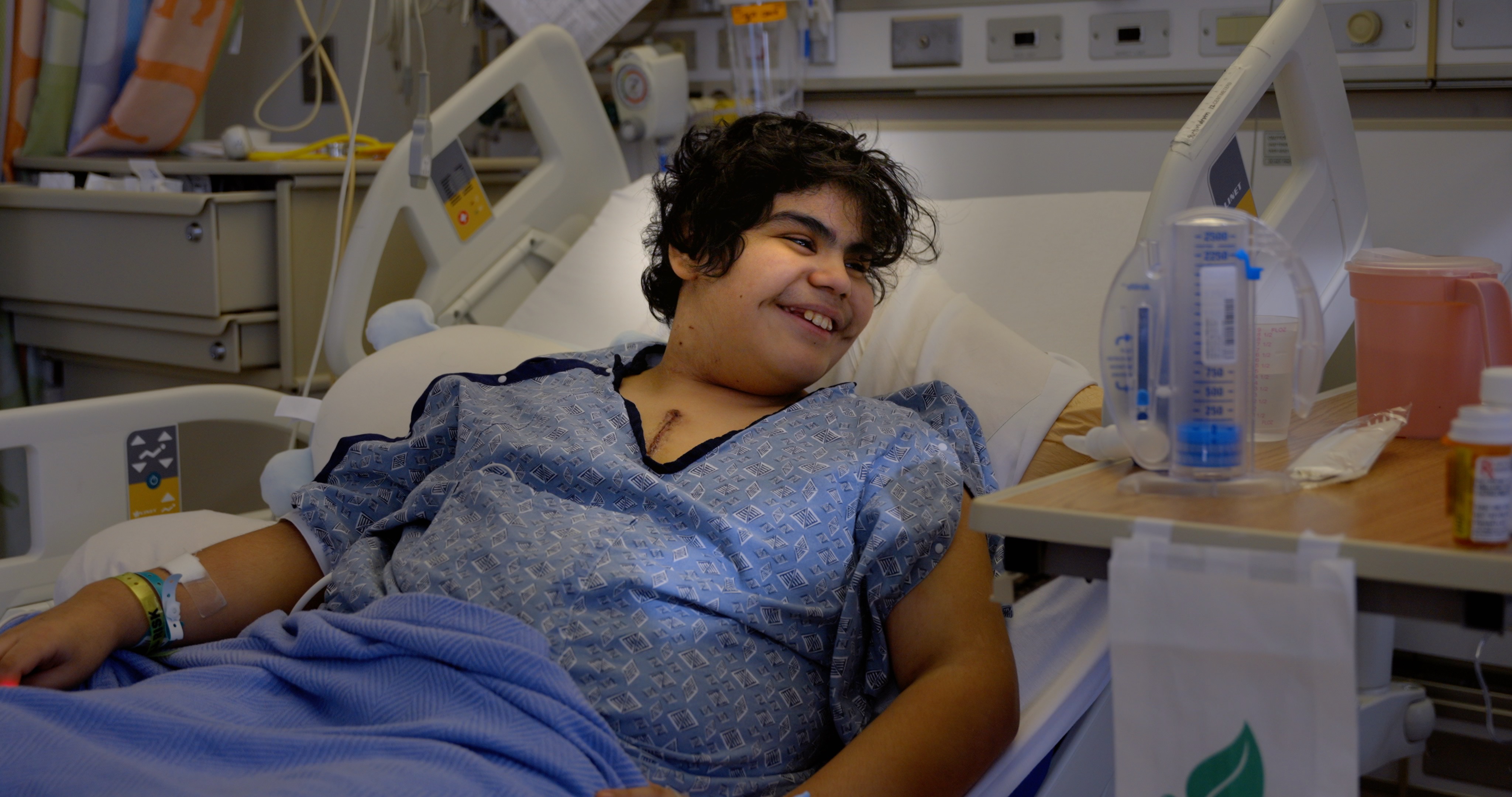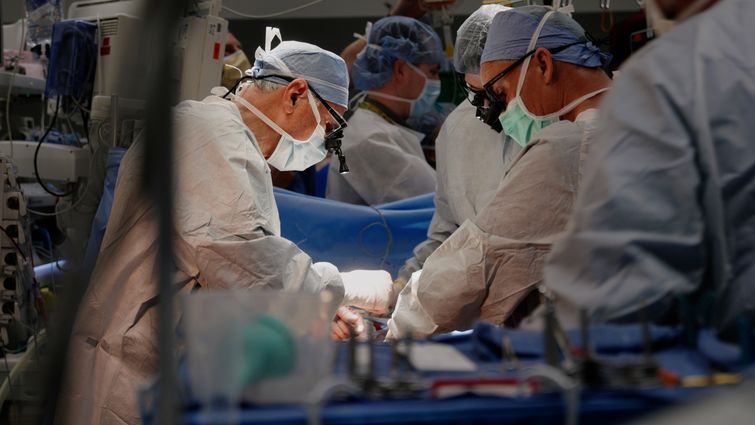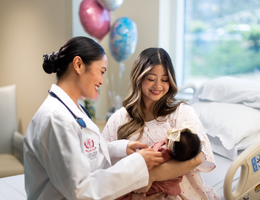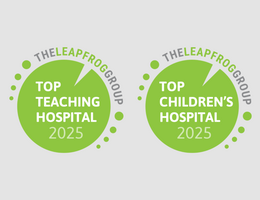

Loma Linda University Children's Hospital has performed the first pediatric partial heart transplant in southern California, a pioneering procedure that could transform the future of heart valve replacement. The 15-hour procedure was performed by a team led by cardiothoracic surgeons Anees Razzouk, MD, and Randall Fortuna, MD, on January 21.
The patient, 12-year-old Ymiliano Hernandez, was born with truncus arteriosus, a rare congenital heart defect in which a single blood vessel exits the heart instead of the usual two, affecting normal blood flow. Hernandez underwent the partial heart transplant that replaced his damaged valves and outflow tracts with living tissue from a donor’s heart. Post-operative ultrasound results revealed that his heart now functions as if he had been born with a normal one.
“By age two, Ymiliano had already undergone two major surgeries, followed by a catheter-based procedure,” said Razzouk. “Later, a valve infection left him facing a fourth major surgery to replace two prosthetic valves. Instead, a partial heart transplant offered a better solution, providing viable tissue that could resist infection, grow with him, and support normal circulation.”
Hernandez’s cardiologist, Natalie Shwaish, MD, said she believes this is the future of valve replacement for many patients.
"It's incredible to think about the benefits of this approach,” she said. “Traditional valve replacements, like those from human cadavers or cows, don't last very long. That means patients often need repeat surgeries an average of every 10 years for the rest of their life. The risks increase each time the chest is opened, making repeated procedures a significant concern. The other option, mechanical heart valves, require blood thinners which are challenging to manage in children and always have the risk of bleeding."
Key benefits of the procedure are:
- Potentially longer-lasting solution compared to traditional artificial valves.
- The new heart valve grows with the patient, reducing the need for future replacements.
- Eliminates the need for lifelong blood thinners, making it safer for active children and future mothers.
- Expands the donor pool by using hearts unsuitable for whole transplantation.
The procedure currently requires immunosuppression to prevent rejection which carries risks such as increased infection susceptibility.
This groundbreaking procedure was made possible through the generosity of the donor family and the support of OneLegacy, Southern California’s organ, eye and tissue recovery organization.
LLUCH's Cardiology & Heart Surgery program has been ranked #10 for 2024-2025 by U.S. News & World Report.




